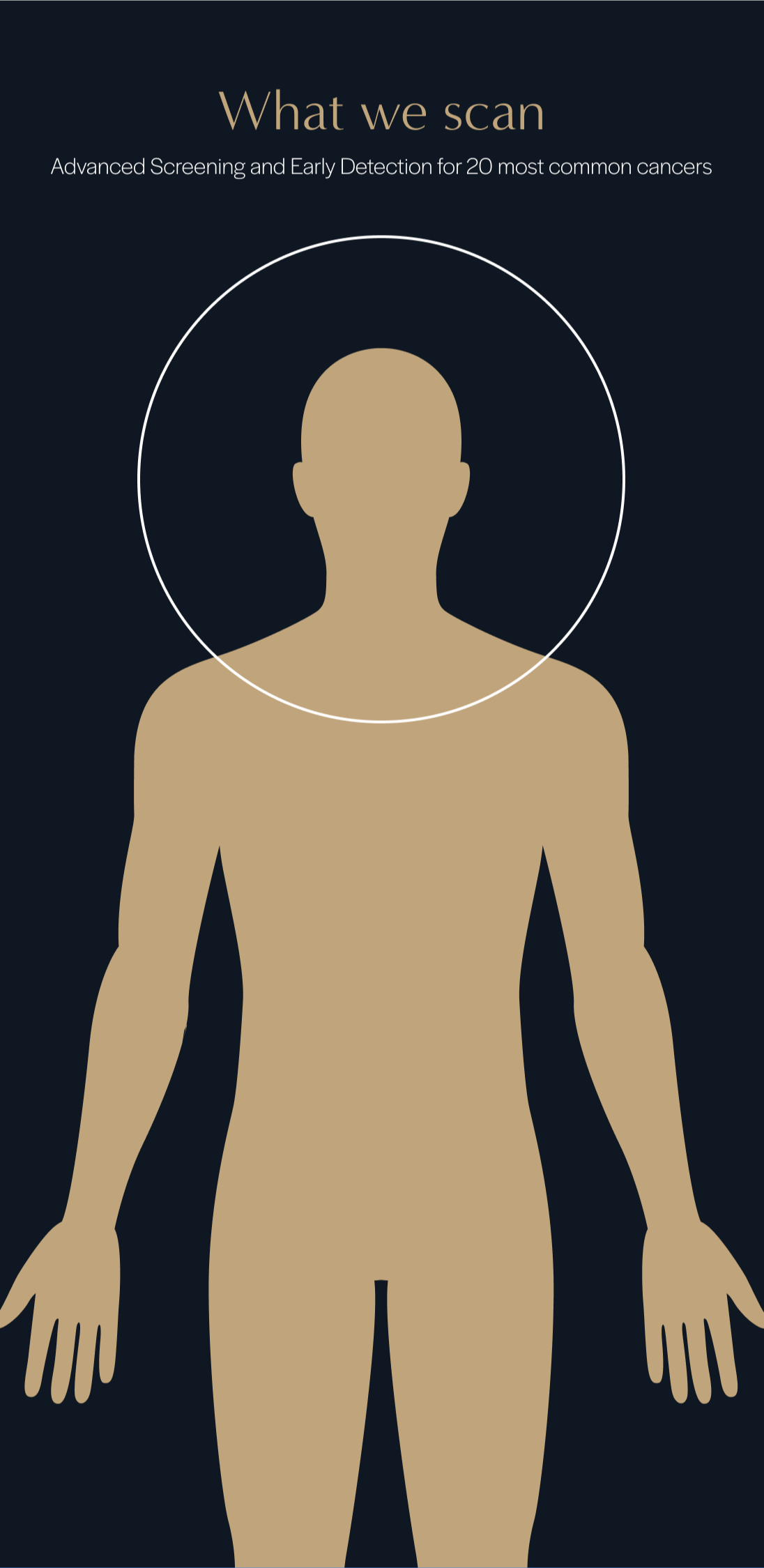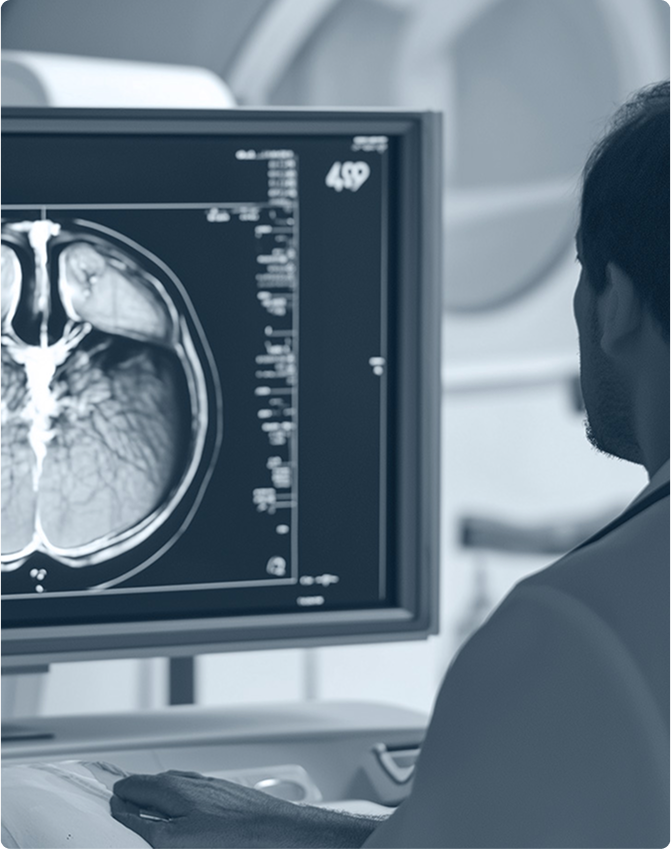Smarter screening starts with targeted imaging. Instead of scanning everything and risking meaningless results, our targeted MRI scans focus on the areas that matter most for your health.
Benefits of Targeted MRI Scans
Targeted MRI goes beyond a standard health check. It provides detailed, high-resolution images of specific organs and tissues, helping detect subtle changes before symptoms appear. Unlike full-body scans, targeted imaging is guided by clinical evidence — so every result has a purpose.
Identify high-impact conditions before symptoms develop
MRI uses magnetic fields and radio waves, not x-rays
Imaging sequences are tailored to detect what matters most
Avoid unnecessary follow-ups from incidental findings

What is a Targeted MRI?
While CT scans remain important in certain areas, such as trauma imaging or coronary calcium scoring, MRI offers superior soft tissue detail without radiation. This makes it particularly valuable in preventative health when looking for subtle early-stage changes.
How Targeted MRIs are Different
A full-body scan might sound appealing, but when you scan everything, you often find nothing meaningful. Without a referral or a clear purpose, imaging parameters cannot be applied properly, and results may be vague or misleading.
Targeted MRI is different
- Focused on relevance: Scans are chosen based on your health risks and history
- Smarter scanning: Imaging sequences are designed for accuracy and detail
- Endorsed by experts: The Royal Australian and New Zealand College of Radiologists advises against routine full-body MRI because it is more likely to cause confusion than clarity
- Guided by doctors: We know what conditions we’re looking for and design protocols accordingly


Why We Don’t Recommend Whole Body MRI
Whole body MRI might seem like a comprehensive option, but in practice it often identifies incidental findings that are not clinically important. These “false alarms” can lead to unnecessary tests, extra costs, and increased anxiety.
That’s why leading medical bodies such as the RANZCR recommend against full-body MRI for people without symptoms. At HealthScreen, we focus on targeted MRI scans that:
- Apply the right imaging sequences for specific health concerns
- Deliver more accurate, clinically useful insights
- Reduce unnecessary investigations and overdiagnosis
In other words, it’s not about scanning more. It’s about scanning smarter.
Frequently asked questions
Do I need a referral for an MRI scan?
No. You can book a targeted preventative scan directly with our team. A referral is not required for this service.
Is an MRI suitable for everyone?
MRI is well tolerated by most people, but not recommended for patients with pacemakers, metal implants, or certain other conditions. Our medical team reviews your history to ensure eligibility before booking.
How long does an MRI take?
Most targeted MRI scans take 30–60 minutes, depending on the area being examined. Whole body scans can take longer. You’ll receive clear preparation and timing instructions before your appointment.
What’s the difference between CT and MRI?
CT uses ionising radiation and is typically used for bones, chest imaging, or coronary calcium scoring. MRI does not use radiation and provides greater detail for soft tissue, brain, and cardiovascular structures — making it the preferred option for preventative and targeted imaging.
